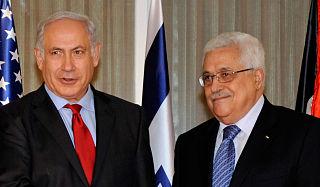What the Arab Spring Means for Israel

What’s the Latest Development?
While Egypt shares a border with the Gaza Strip, America’s control of Egyptian foreign policy has meant little help in the way of Palestinian statehood. The Arab Spring changed all that: “The first foreign minister in Egypt’s transitional government, Nabil al-Araby, made it clear when he took office that Egypt’s policies on Palestine would be overhauled. Egypt would open the Rafah crossing to provide relief for the people of Gaza, it would promote Palestinian unity, not the interests of a single faction, and it would no longer be quite so deferential to Israel in such matters as the sale of natural gas and relations with Iran.”
What’s the Big Idea?
Mahmoud Abbas, leader of the Palestinian Liberation Organization, plans to ask the U.N. to recognize Palestinian statehood in September, though lack of government unity between the P.L.O. and Hamas remains a massive obstacle. So what does it mean there has been no large mobilization in support of Palestine since the Arab Spring began? “[W]aiting should not be mistaken for passivity; it is a deeply political act—even a long-term strategy according to Ramzi Suleiman, a behavioural theorist in the department of psychology at the University of Haifa.”





